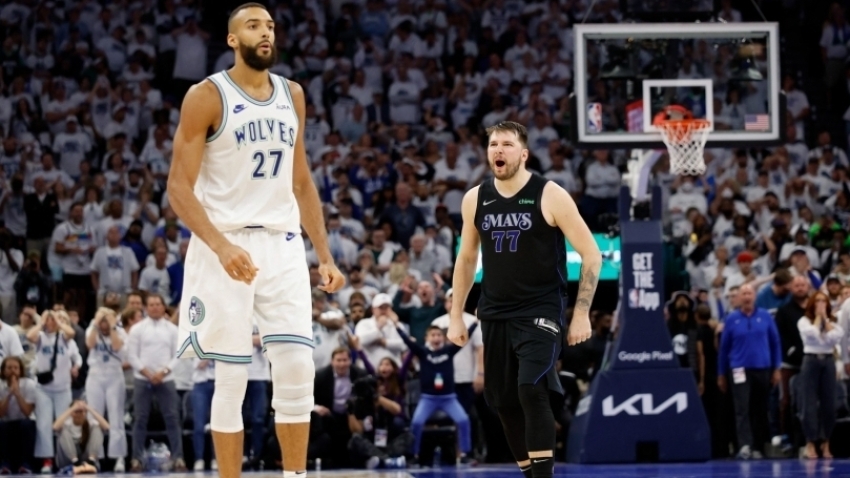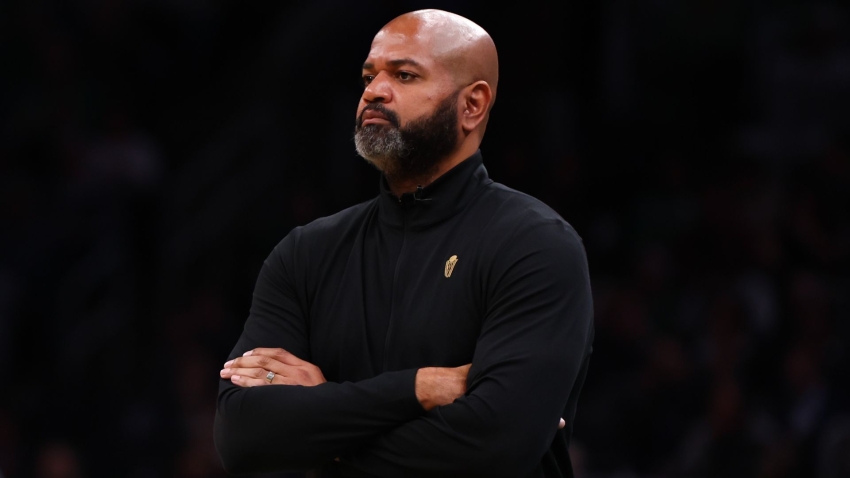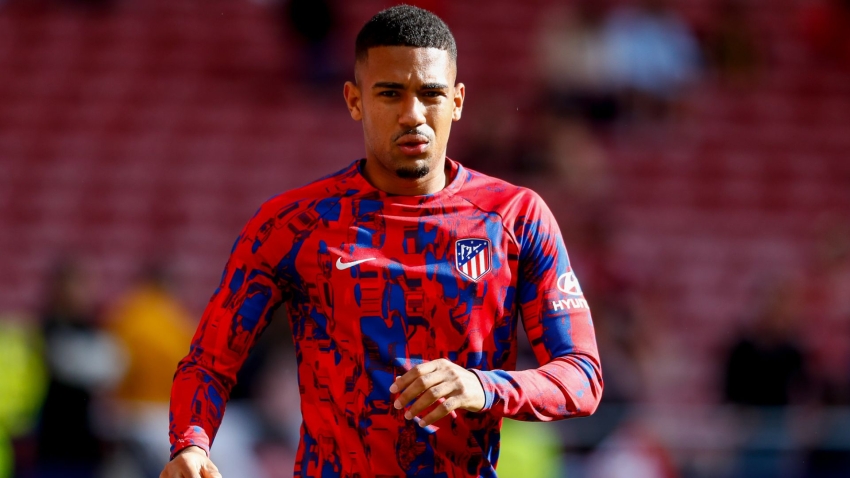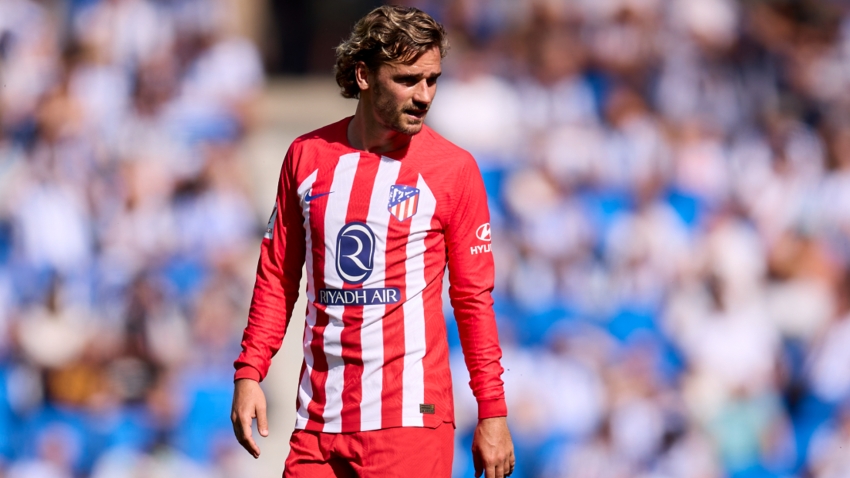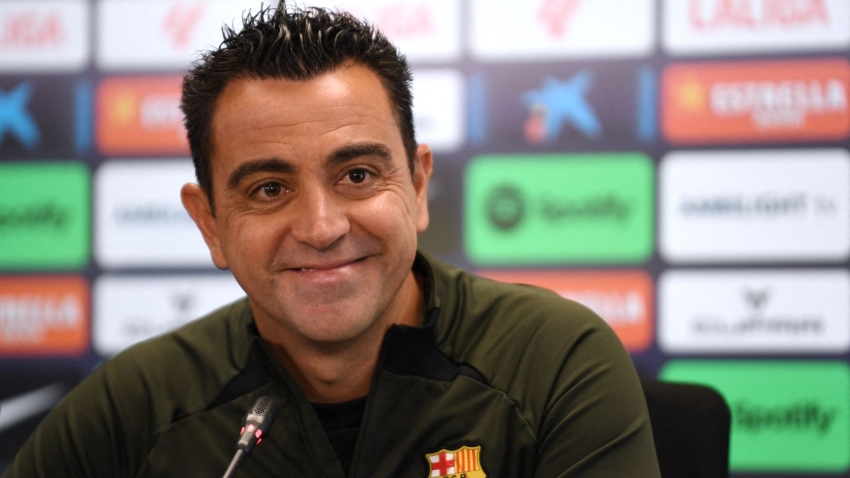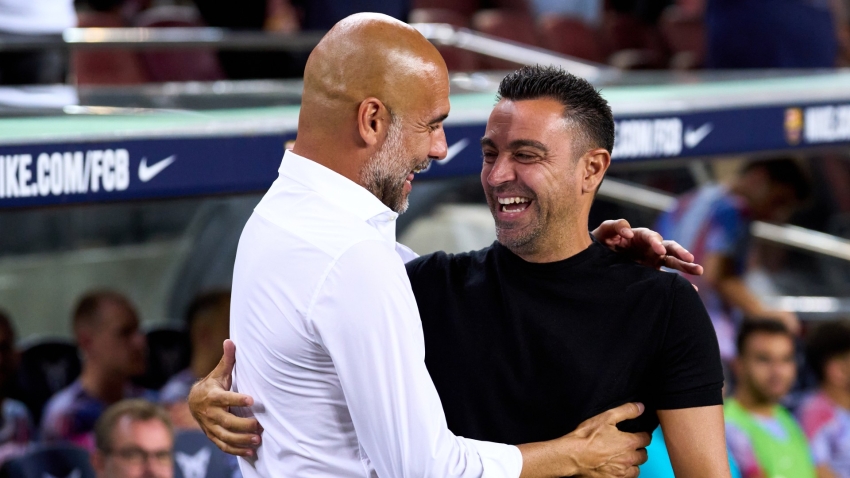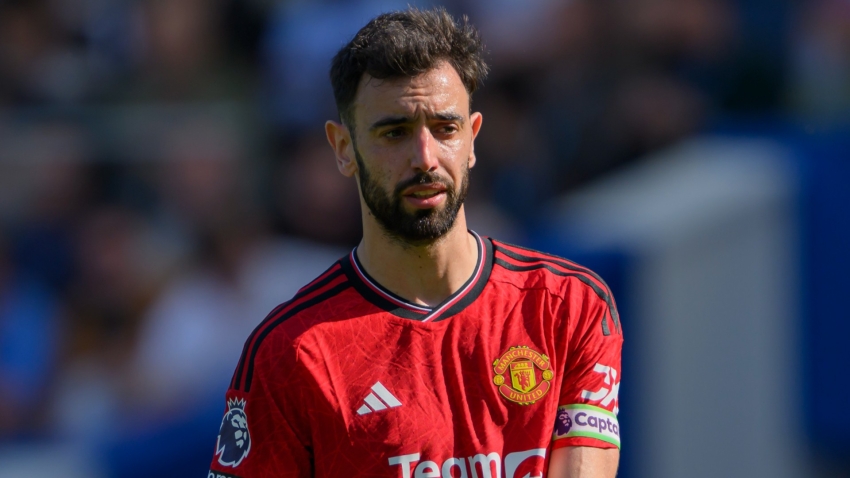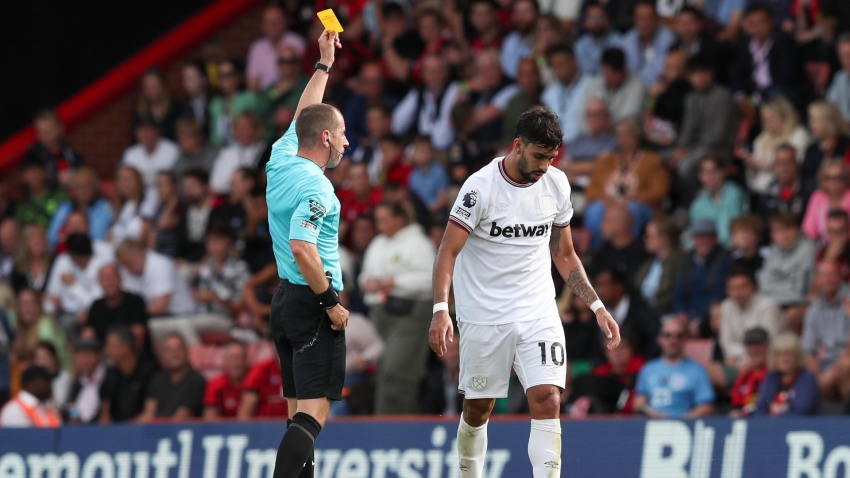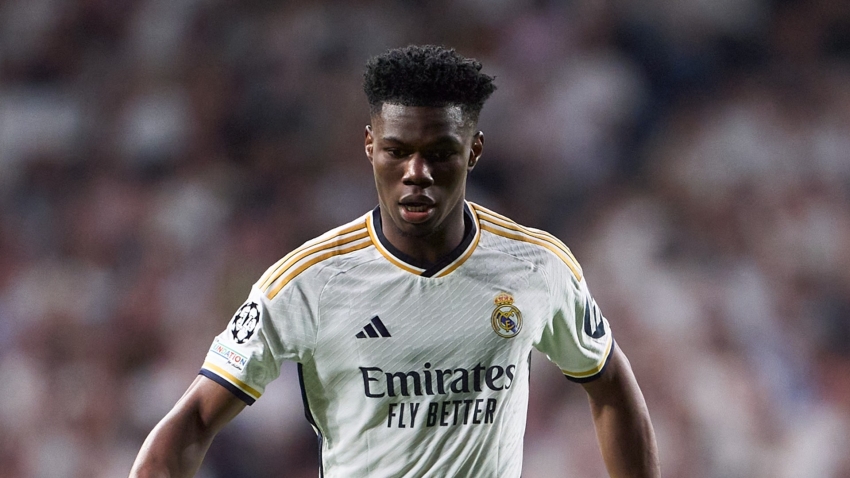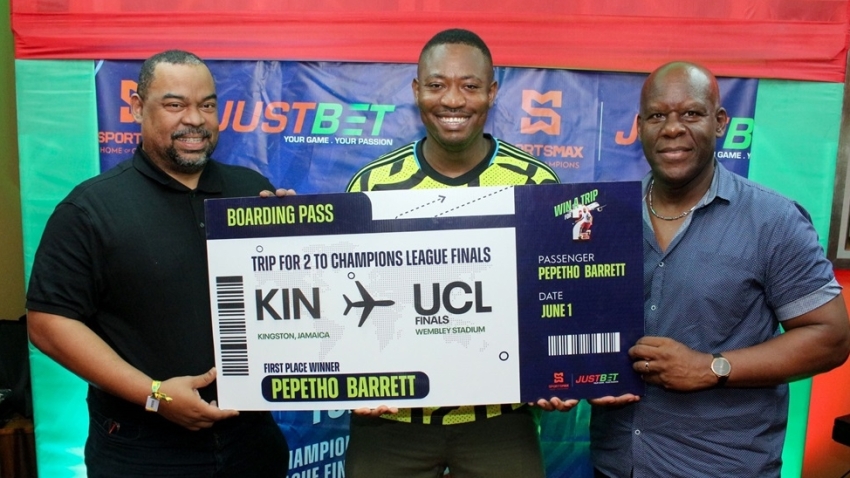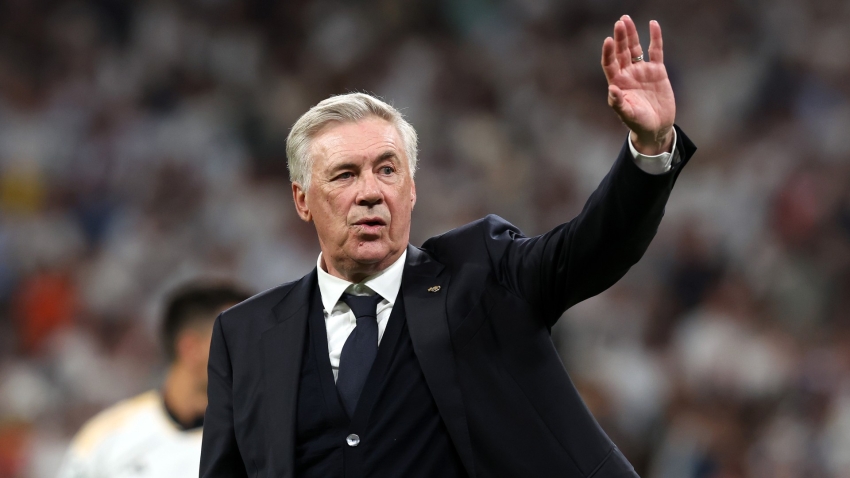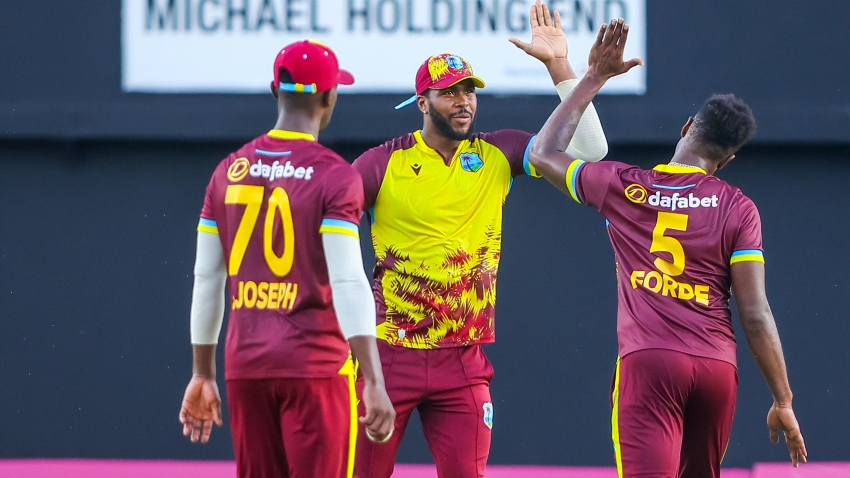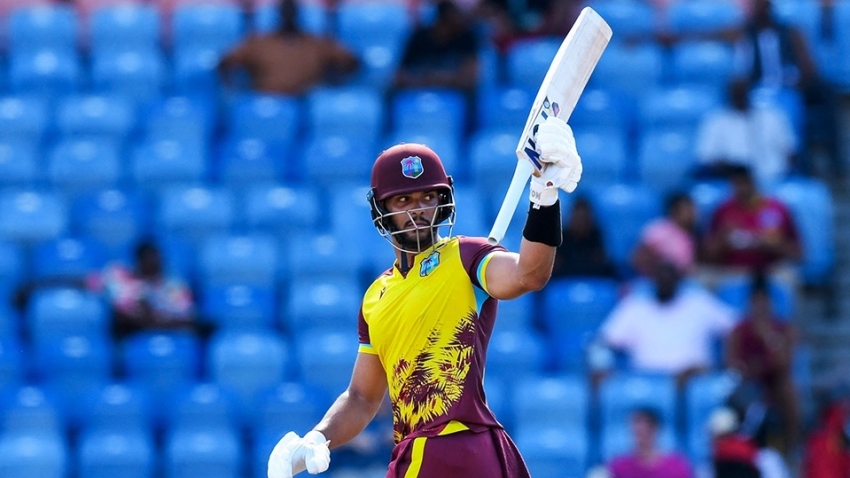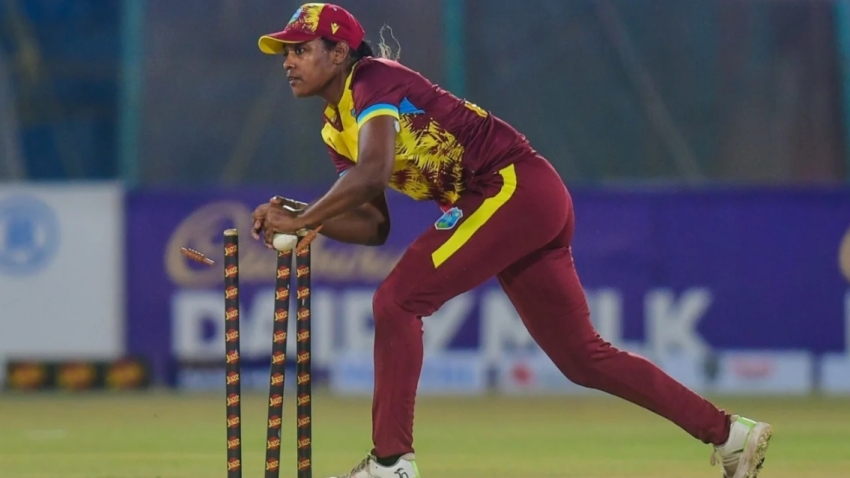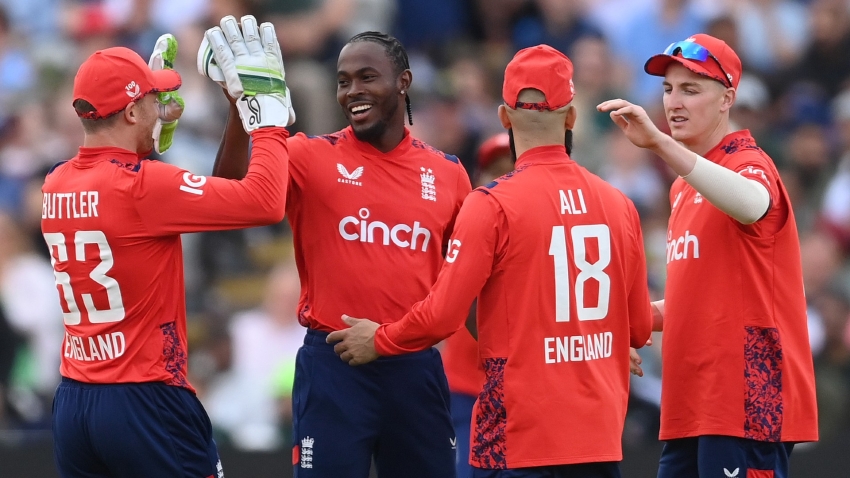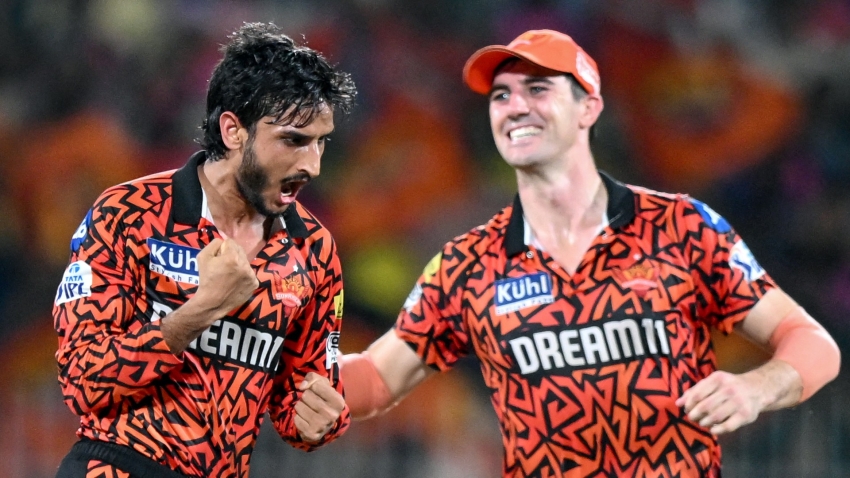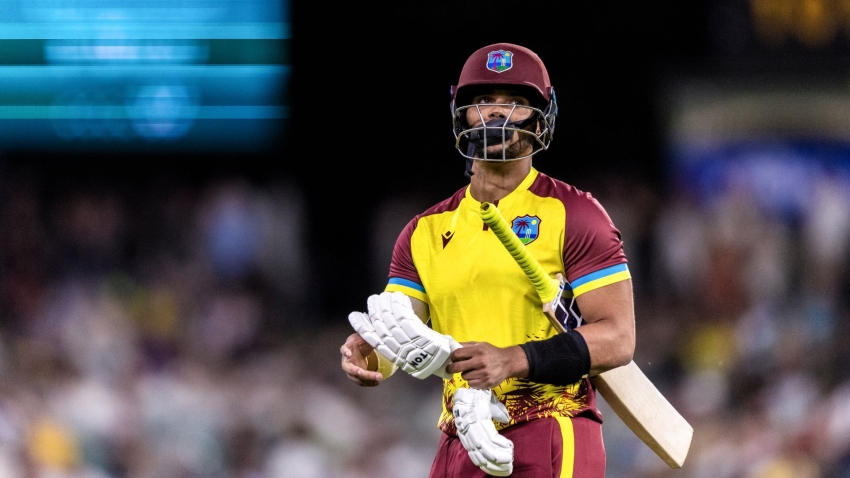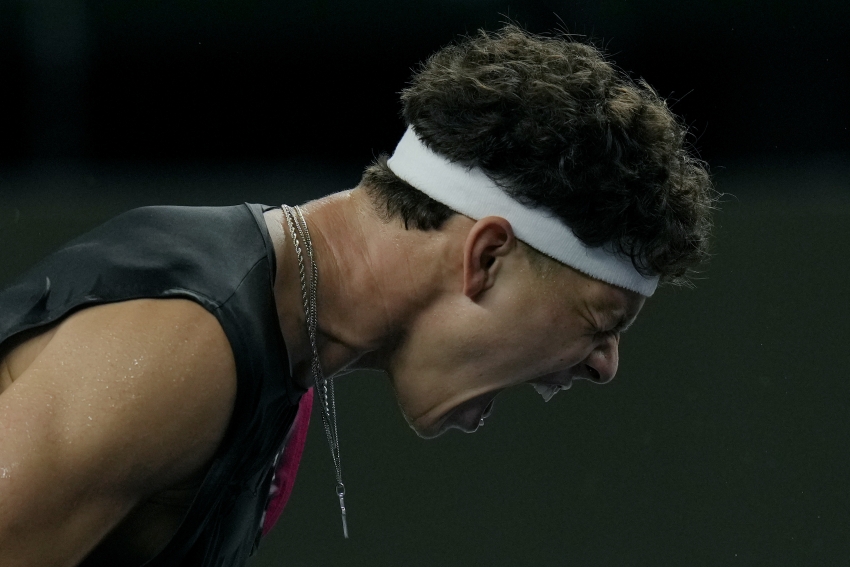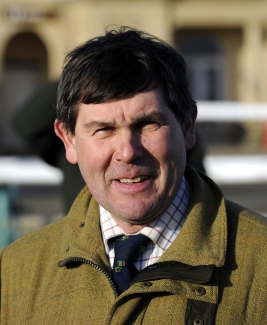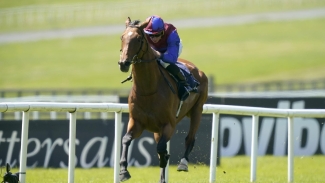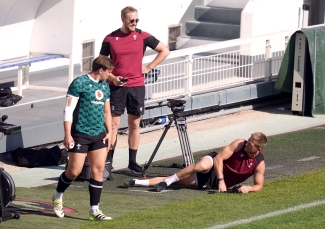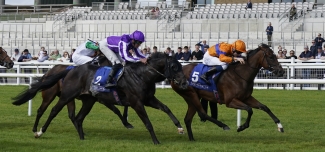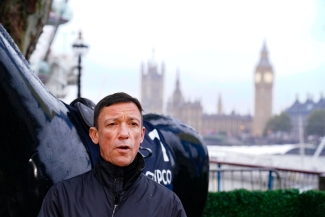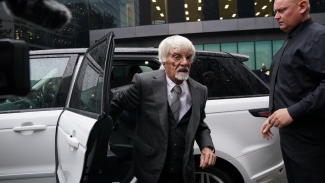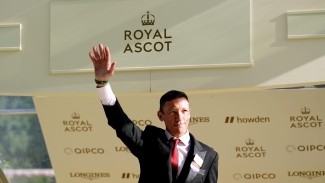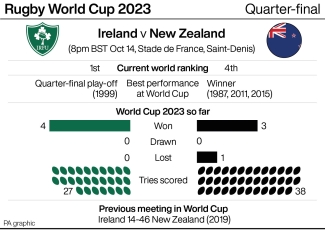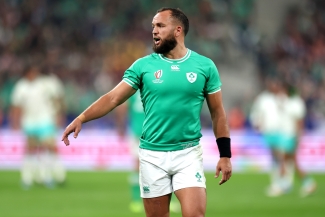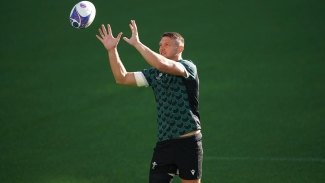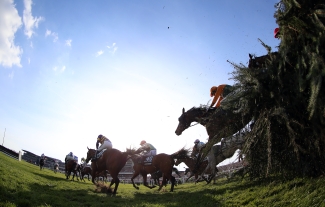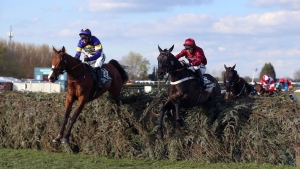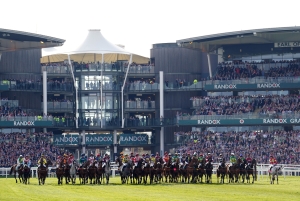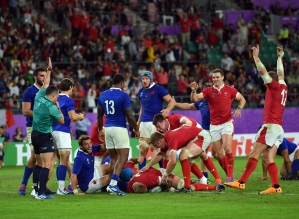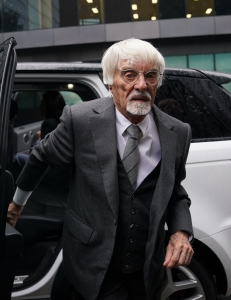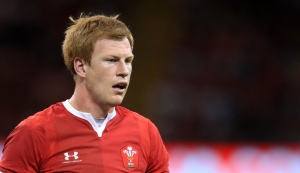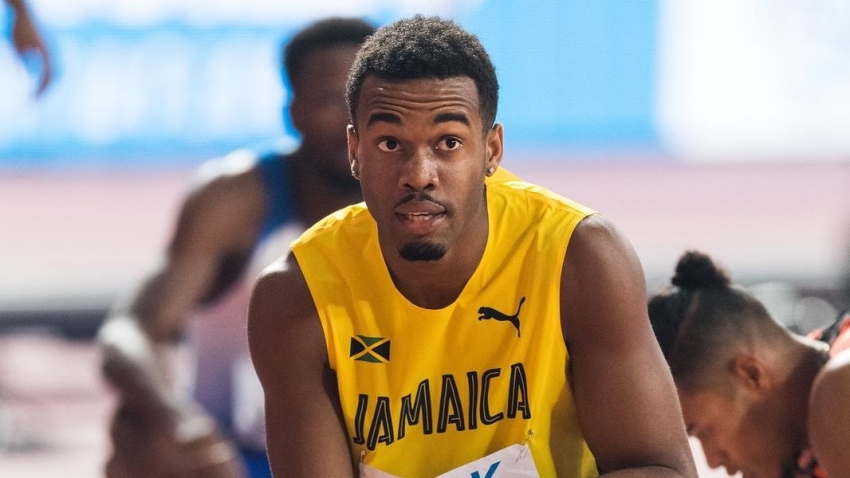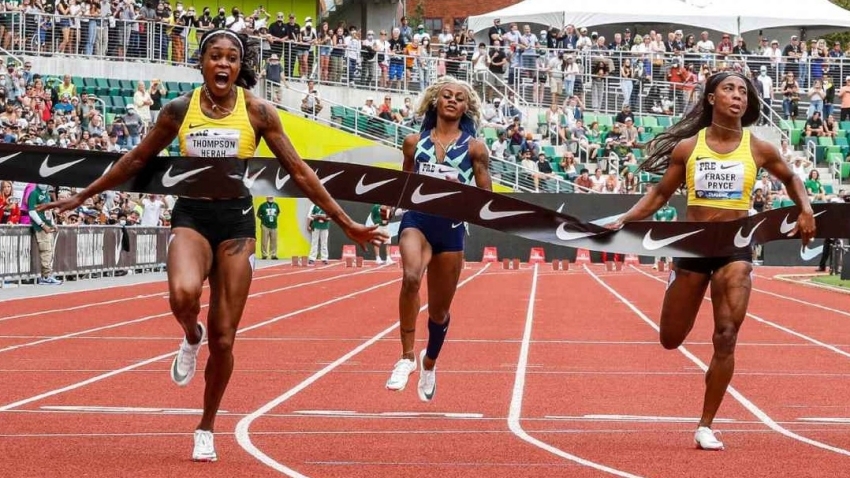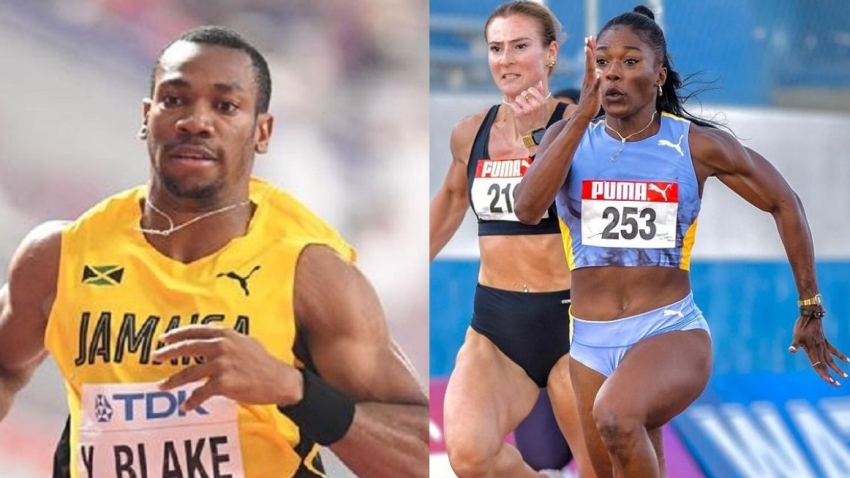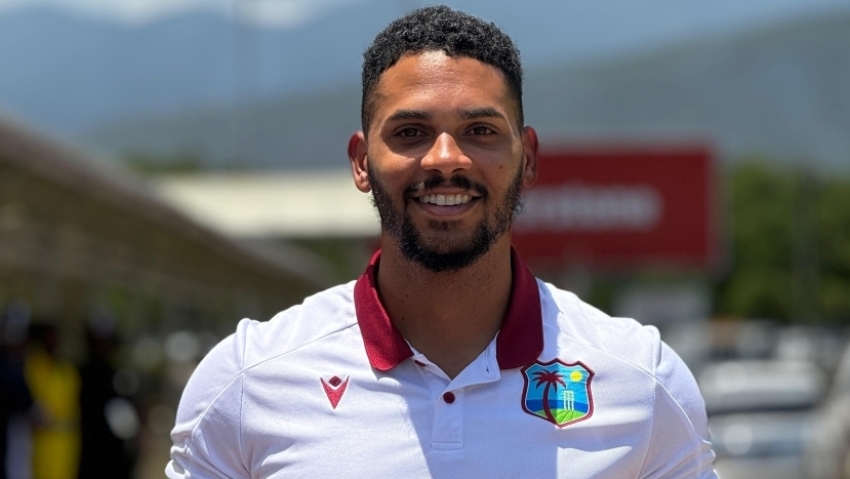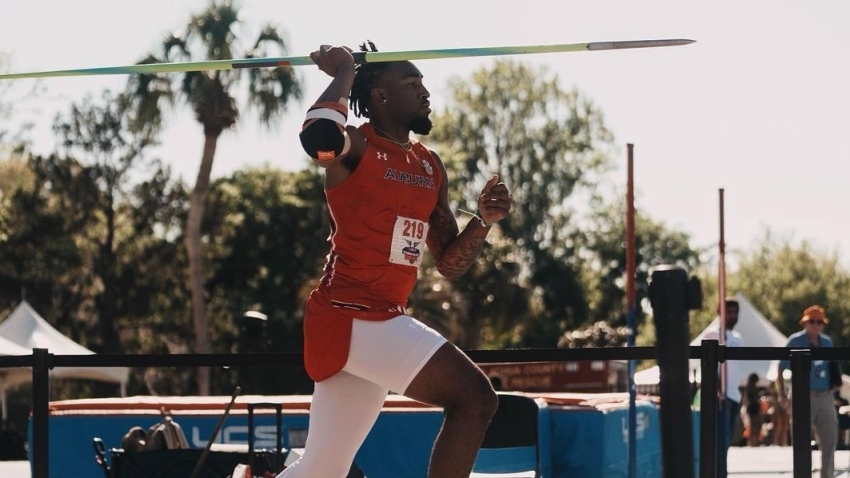Next year’s Randox Grand National will have a maximum of 34 runners after the field size was reduced as part of new safety measures.
The Jockey Club, who host the famous Liverpool race at Aintree, have made several alterations to the contest in a bid to make it safer for both horse and rider.
The organisation undertakes a review of the event every year, drawing from statistics and academic study as well as consulting industry figures, the sport’s governing body and the equine charity World Horse Welfare.
The key findings after the 2023 renewal have led to a reduction in the maximum field, with the safety limit cut by six to 34 runners from 2024 onwards.
Other significant revisions to the race begin before the meeting itself, with horses now required to carry a rating of at least 130 to be eligible – an update on the previous lower limit of 125 and a switch that puts the race in line with Grade One contests.
A closer eye will also be kept on the jumping abilities of entrants, with those that have made jumping errors in 50 per cent or more of their last eight races subject to enhanced scrutiny from the existing Grand National Review Panel before being allowed to run.
The race will be brought forward on account of the ground conditions, which can dry significantly throughout the day, though the new start time has yet to be settled with the race’s terrestrial broadcaster, ITV.
Walkways in the paddock will be widened and the horses will no longer be led past the grandstand in a parade but will instead be left to canter past the crowd and on to the start.
When the horses arrive at the tapes, there will be a change in the way the race begins, with participants required to set off from a standing start before reaching the first fence, which has been moved forward 60 yards to slow the field down in the early stages of the race.
From then on, there are a number of alterations to the course itself, with the running rail adjusted to assist with catching loose horses and the height of fence 11 reduced by two inches and the drop on the landing side decreased.
Foam and rubber toe boards will also be added to every fence and there will be further investment in ‘pop-up’ irrigation to make watering the track more efficient.
Nevin Truesdale, chief executive of The Jockey Club, said: “The Randox Grand National is the most iconic race in the world and one which transcends our sport. It is part of the fabric of British sporting life alongside the likes of Wimbledon, the FA Cup and the Open golf and is loved and watched by millions of people all over the world every year.
“For many, it is also their introduction to horse racing and I believe that a competitive, fair and safe Randox Grand National is one of the best ways of ensuring the sport continues to thrive for generations to come and remains an important part of Britain’s culture and economy.
“That means our sport, like many other sports have done, needs to recognise when action needs to be taken to evolve, because the safety and care of horses and jockeys will always be our number one priority.
“In making these changes at Aintree, we are underlining our relentless focus on welfare and our commitment to powering the future of British racing.”
Sulekha Varma, north west head of racing for Jockey Club Racecourses and clerk of the course at Aintree, added: “The welfare of our racehorses and jockeys is our number one priority at Aintree and we have invested significantly in equine welfare over many years.
“We continually review the Grand National and following an in-depth, evidence-based review process this year, we are announcing several changes as part of its continued evolution.
“One of our key areas of focus is reducing the risk of incidents during the race. We know from research papers and internal analysis of jump races that there is a direct correlation between the number of runners and the risk of falling, unseating or being brought down.
“However, we also must consider that reducing the field size by too great a number could create a faster race and have an adverse impact in terms of safety.
“Using the information available to us and considering the experiences of participants, our conclusion is that 34 should be the maximum number of runners in the race, which we hope will result in the least number of incidents.”
Explaining some of the other updates to the race conditions, Varma said: “Another key area of our focus was addressing the start of the race and implementing change to slow down its earliest stages.
“Relocating the first fence will reduce the opportunity to build up too much speed on the approach and re-introducing the standing start should also help to reduce speed.
“We also considered the start time of the race, which was traditionally much earlier in the afternoon but changed to 5.15pm in 2016.
“While this has helped build excitement among the crowd throughout the afternoon, it has proved challenging in managing the ground. Returning to an earlier race time was recommended by both the BHA (British Horseracing Authority) Executive and Horse Welfare Board in their feedback.
“The benefits and relevance of the pre-race parade of horses in front of the grandstand was also brought into question. We hope that allowing jockeys to canter their horses in front of the stands at their own pace will help create a calmer environment during the build-up to the race.”
Julie Harrington, chief executive of the BHA, commented: “The Grand National is the world’s greatest horse race. It has maintained that status through the years, in part, because of the developments and changes that have been made to it.
“These changes have enabled it to move with the times and maintain public support while also ensuring that it remains a unique, thrilling spectacle and the ultimate test of a racehorse.
“The package of measures which will be introduced for next year’s race seeks to strike this crucial balance, and the BHA endorses them in full.”
The Jockey Club has stressed that the changes are not a consequence of the protests held at Aintree ahead of the race last year, when demonstrators from Animal Rising gained access to the track before the race began.
A spokesperson for The Jockey Club said: “We undertake a review after every Grand National and constantly make changes as a result of this evidence-based process, which is all part of our relentless focus on putting the care and safety of our horses and jockeys above all else. The reckless actions of those who breached security to illegally gain access to the track on Grand National day have had absolutely no bearing whatsoever on the changes we are making to the race.”




